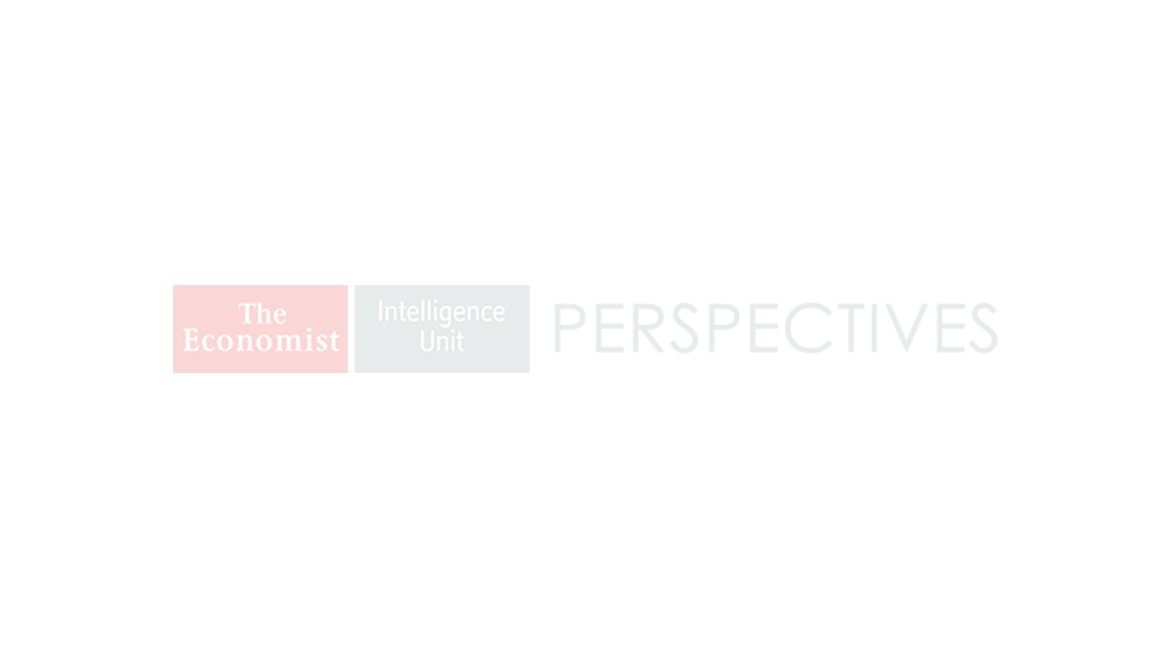Rising powers may play a greater role in international institutions, pushing for better representation on the UN Security Council and improved voting rights at the International Monetary Fund (IMF). The fact that it was the G20, rather than the G8, which met in November 2008 to discuss the global response to the economic slowdown was widely hailed as a sign of a new multilateralism. But with the representation of a larger collection of governments, these institutions may findt hat it is even harder to make binding decisions.
This trend towards a new multilateralism appeared to be welcomed in the Gulf, whose economic power was acknowledged with the participation of Saudi Arabia as part of the G20; shortly afterwards, GCC states were also courted as a potential source of new funds for the IMF. Yet while it was relatively easy for the G20 to agree on broad principles to counter the downturn, the group had less success in translating these into real policies; an agreement to work for the speedy completion of the Doha round of international trade talks was followed instead by the adoption of new protectionist measures in a number of countries. Nor did the GCC agree to inject new cash into the IMF’s coffers*.
Ultimately, GCC states may make an increased contribution to international institutions. But as faras aid and concessional lending goes, they are likely to prefer to work within regional and Islamic development banks where their influence is already well established.
*The possibility of increasing funding in the future has not been entirely ruled out, but the cash injection anticipated by some Western politicians in 2008 was not forthcoming




